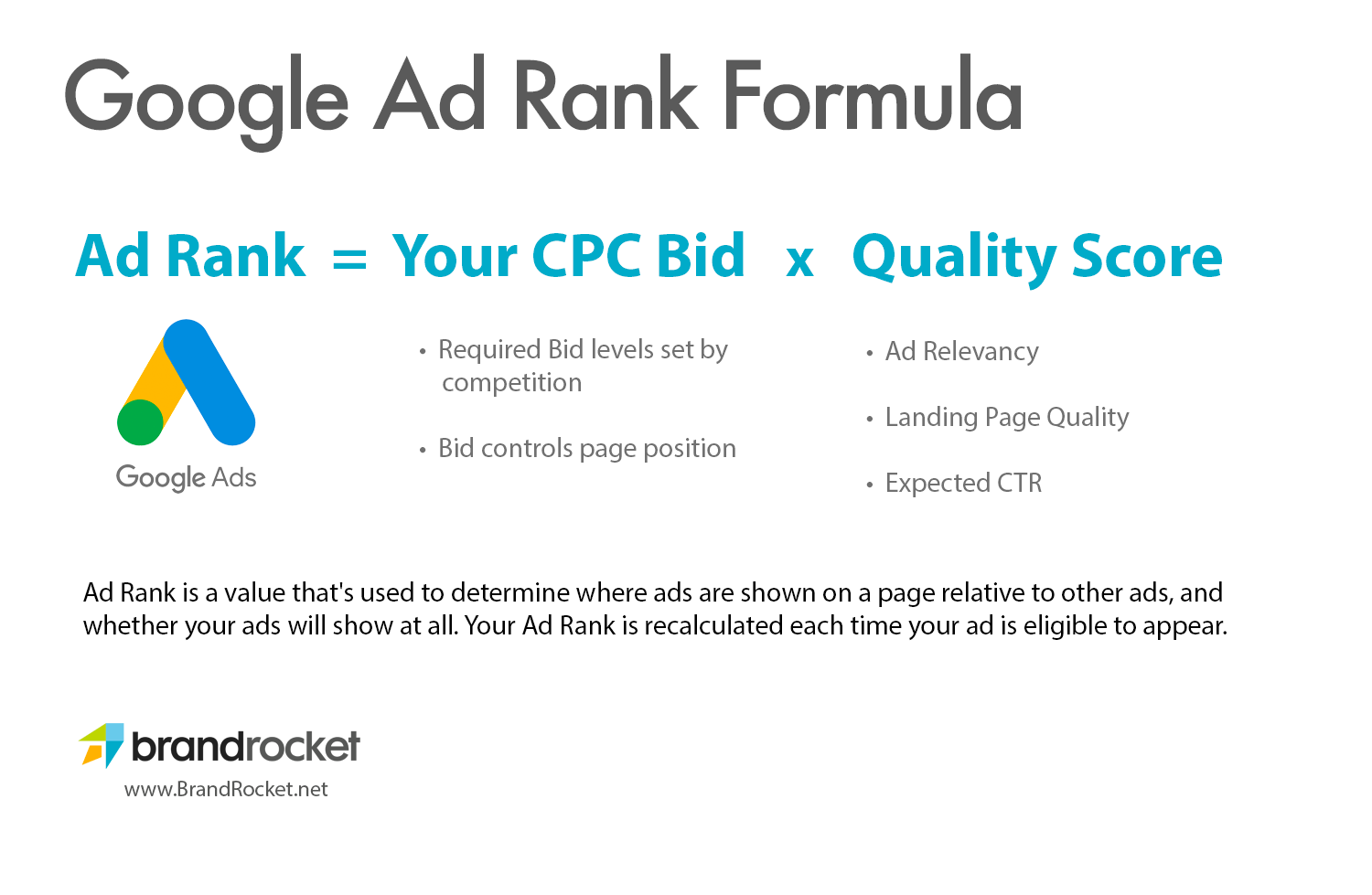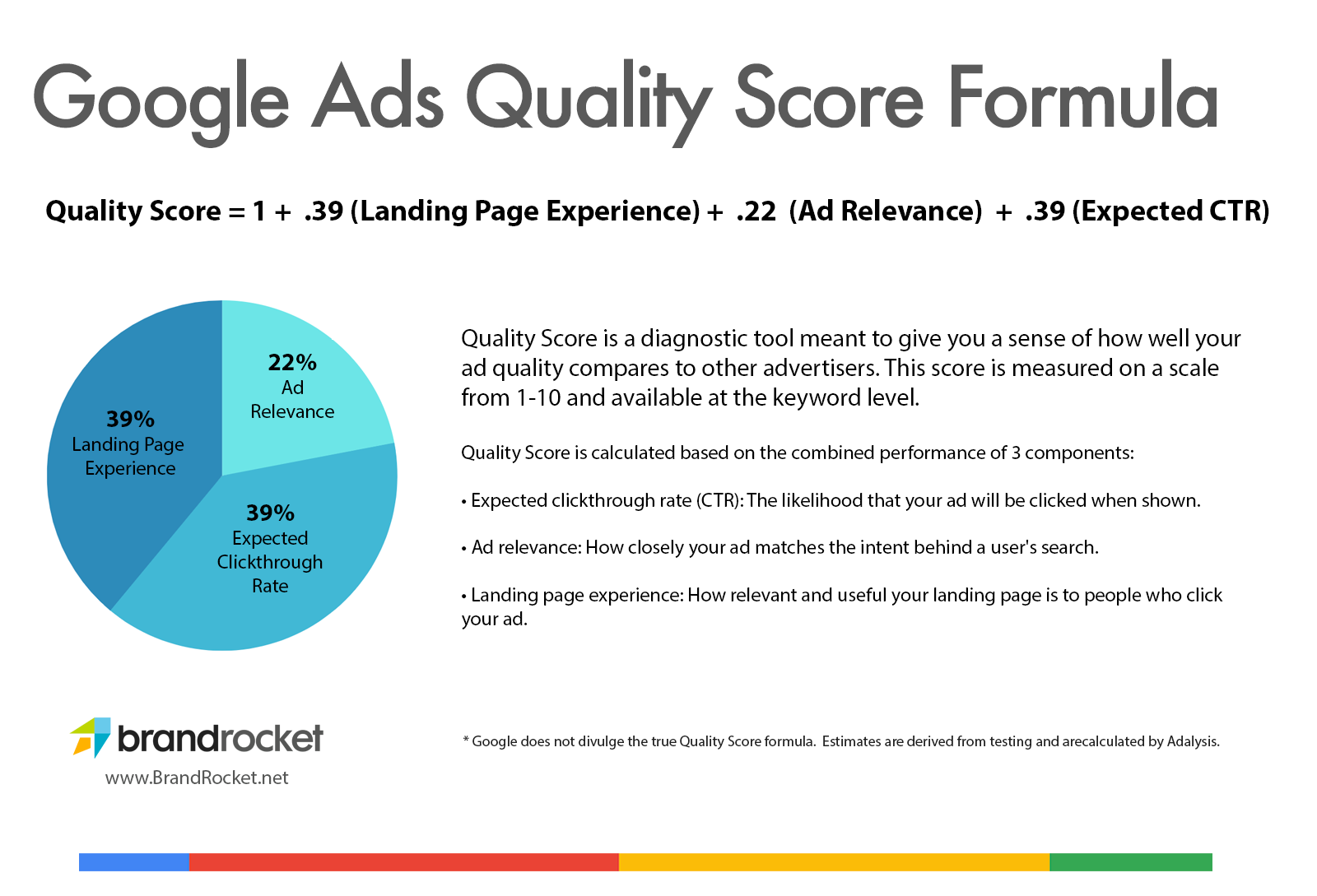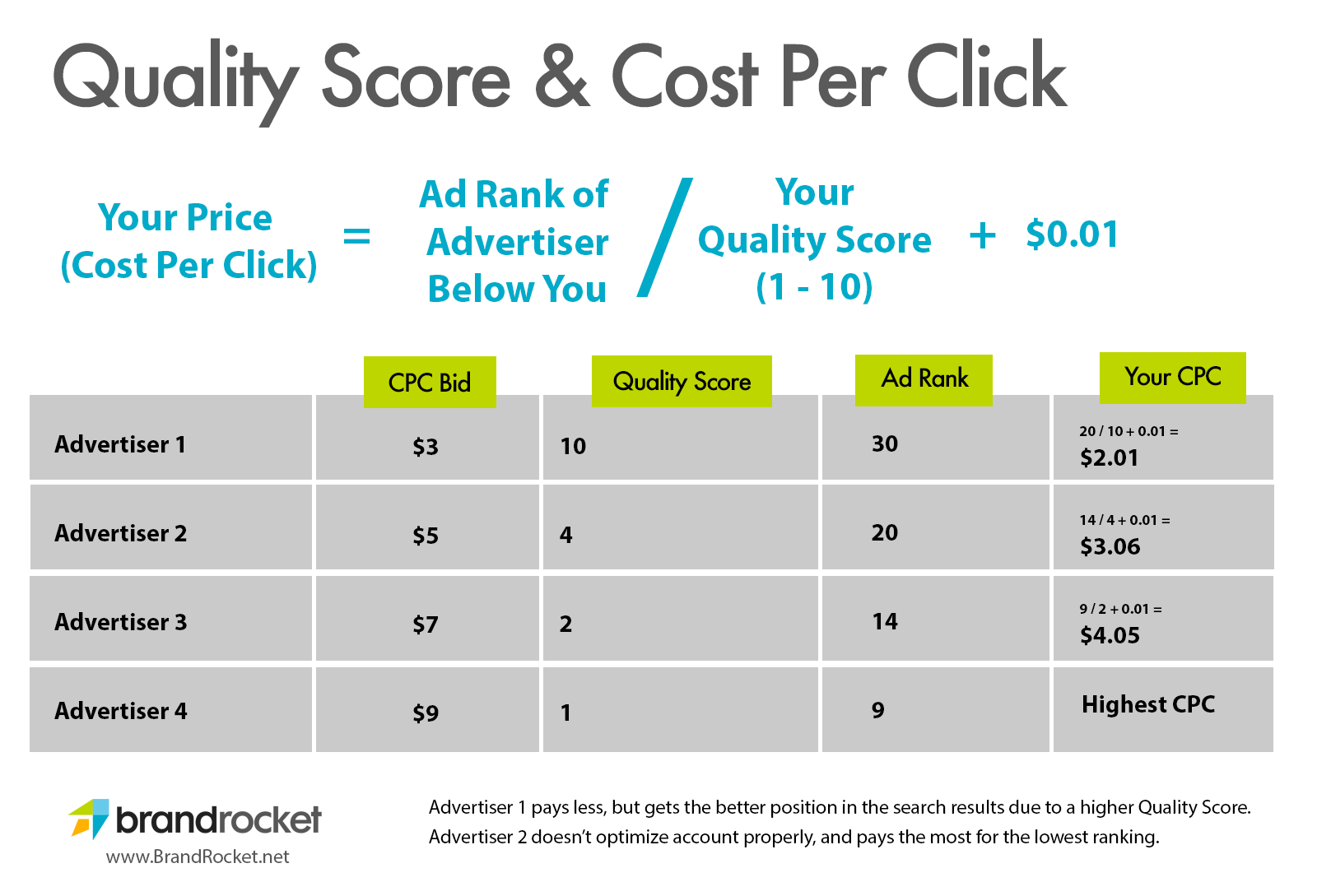Google Ads Marketing for Mental Health Practices
The Ultimate Guide. How to Outsmart Your Competitors and Win Big with Google Ads
Part 4: Understanding Ad Rank and Quality Score in Google Ads for Mental Health Practices
Before we dive into the intricacies of campaign building for mental health practices on Google Ads, let’s take a moment for a bonus discussion on two pivotal concepts: Ad Rank and Quality Score.
These elements are fundamental to the Google Ads ecosystem, influencing not just visibility but the cost-effectiveness of your campaigns.
Understanding these can illuminate why we structure campaigns in a particular way and aim for certain metrics in our advertising efforts.
YouTube Series : Google Ads for Mental Health Practices
For a more thorough explanation of this article, be sure to watch our Google Ads for Mental Health Practices series on YouTube!
Subscribe to our channel to see additional videos as we publish them.
The Fundamentals of Ad Rank
Ad Rank is essentially Google’s way of determining the placement of your ads in search results.
It’s a straightforward yet potent formula: your Cost Per Click (CPC) bid multiplied by your Quality Score.
Every time a potential patient searches for terms related to mental health services, an auction determines the order of ads displayed.
Your Ad Rank dictates whether your ad appears atop the search results or if it gets shown at all.
- Key Insight: Ad Rank recalculates with each search, making it dynamic and competitive. Your CPC bid, influenced by the ongoing auction and competition, combines with your Quality Score to determine your ad’s visibility and position.

Deciphering Quality Score
While the exact formula for Quality Score remains Google’s secret, the consensus among digital marketing professionals highlights three major components: Ad Relevance, Landing Page Quality, and Expected Click-Through Rate (CTR).
- Ad Relevance: This measures how closely your ad matches the searcher’s intent. It’s a direct reflection of how well your ad answers the potential patient’s query.
- Landing Page Quality: Google evaluates the user experience of your landing page. Factors include loading speed, content relevance, and navigational ease.
- Expected CTR: Unlike actual CTR, Expected CTR compares your ad’s performance to competitors for a given search query. It’s an estimation of how likely users are to click on your ad compared to others.

Why Quality Score Matters
Understanding and optimizing for Quality Score can significantly impact your campaign’s cost-efficiency.
Let’s consider an example:
- Advertiser 1 bids $3 with a Quality Score of 10, achieving an Ad Rank of 30. Their cost ends up slightly over $2.
- Advertiser 2 bids $5 but with a Quality Score of 4, resulting in an Ad Rank of 20. Their cost is around $3.06, higher than Advertiser 1 despite a lower rank.
- Advertiser 3 bids $7 with a Quality Score of 2, leading to an Ad Rank of 14. They pay the highest cost of $4.05 and rank lowest.
This example highlights how a high Quality Score not only improves ad placement but also reduces the cost per click.

Improving Your Quality Score
Focus on Ad Relevance: By creating thematically organized ad groups, you can craft ads that closely match the search intent, directly boosting your Ad Relevance score.
Enhance Landing Page Experience: Ensure your landing pages are fast, informative, and user-friendly. Align the content closely with your ad to improve relevancy and usefulness.
Optimize for Expected CTR: Aim to bid competitively, especially in the initial stages of your campaign, to improve visibility and CTR. As your Quality Score improves, you can adjust your bids for cost efficiency.
Next Steps in Campaign Building
Armed with a deeper understanding of Ad Rank and Quality Score, we’re now better prepared to build Google Ads campaigns that are not just visible but also cost-effective.
The right structure, attention to keyword relevance, and quality landing pages can set your mental health practice apart in the crowded digital space.
Stay tuned as we move forward into campaign building, where we’ll apply these principles to target high-intent keywords and create compelling ads tailored to your mental health services.
Don’t have time for this? Hire us! Grow and Scale your Chiropractic Practice the right way.

